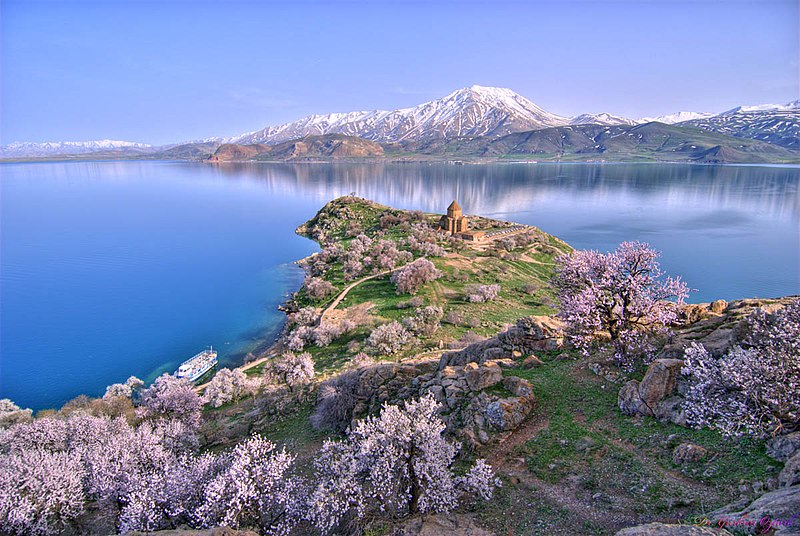Posted by: Gloria Caudill <[email protected]>
Armenian Studies Program
University of Michigan, Ann Arbor
Call For Papers
International Conference on Armenia and Armenians in International Treaties
The Armenian Studies Program (ASP) at the University of Michigan, Ann
Arbor, will be convening an international conference on the theme
Armenia and Armenians in International Treaties. The conference will
be held on the campus of the University of Michigan, March 18-21, 2009.
International treaties represent critical moments in the history of
Armenia and of the Armenian people that had serious implications for
their status and future as well as that of neighboring peoples and
countries. International treaties also constitute the linchpin of
diplomatic history, an aspect of Armenian history that has been
neglected. The purpose of the conference is to determine patterns and
processes which might shed light on the challenges faced by Armenia
and Armenians in their long history.
For the purposes of this conference the term treaties will include
also international agreements such as the one between the Armenian
merchants of India and the British East India Company in 1688 or the
May 1896 agreement regarding the Eastern provinces of the Ottoman Empire.
Scholars interested in the subject of Armenian diplomatic history from
earliest times to the present are invited to submit abstracts for
their proposed papers on the theme to Ms. Gloria Caudill, ASP
Administrator, ([email protected]) by Friday, October 3, 2008. ASP
will notify scholars regarding the acceptance of their proposal by the
end of October, 2008. Final papers should be submitted two weeks
before the conference, by February 18, 2009. The papers will be made
available to all participants in order to limit presentations during
the conference to 20 minutes per participant and provide time for
discussion during panels.
The conference will begin with a reception on the evening of
Wednesday, March 18, followed by three full days of panels. The
conference will be webcast live internationally. Professor Gerard
Libaridian is the main convener of the conference.
The language of the conference will be English, although presentations
in Armenian as well as in French, Russian and Spanish will be accepted
as long as the presenter can provide an English translation of the
paper two weeks before the conference
ASP will cover all expenses related to travel, lodging and meals for
participants.
For further information, please contact Ms. Gloria Caudill at the ASP office:
Email: [email protected]
Telephone: (1) 734-763-0622.




